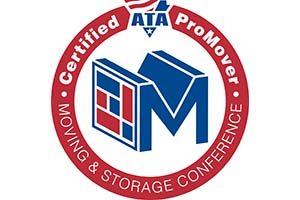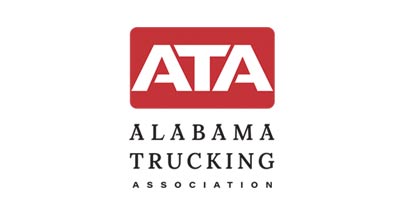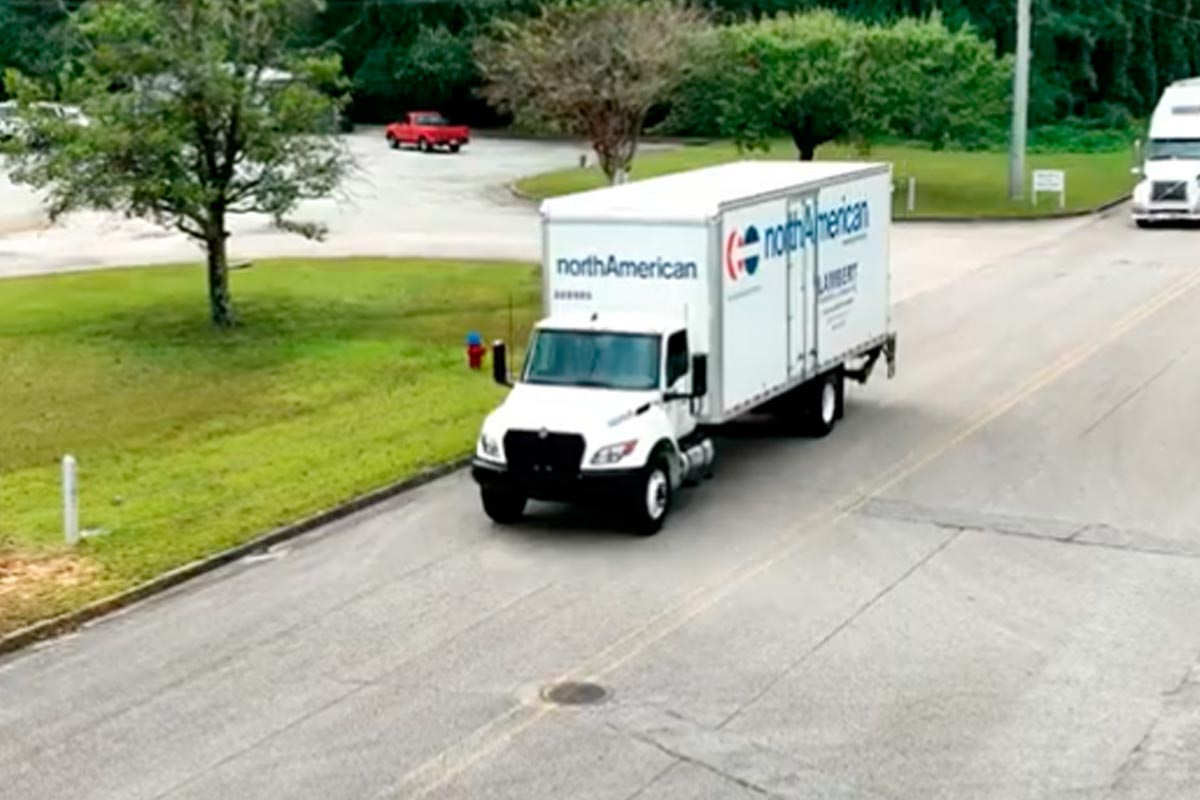The Fun and the Challenge of Moving to a New State
Many reasons to move
In years past, many people moved to new states because of job and relationship changes. Or perhaps, a loved one needed more care. Even today, we see young couples and singles moving in with their parents to help them “age in place.”
The move is easy if it is around the corner or even a couple of hours away, but what are some of the challenges you face when the move is to another state?
Many are the same challenges but with different twists. The best way to begin is with your first decision. Is this move the best step for you? If the answer is yes, then your next step is to take an in-depth look at your potential location.
Getting Started
We always recommend, especially in this case, to begin with a plan. Pull out that old legal pad and begin your lists. Your first one should be all about your new location.
Check out the housing opportunities and the costs on every level. Is it wise to buy or rent? If you are moving in with your aging parents, what is the space like? Will you have enough room? Do you need to build an addition? There are numerous questions that you need to ask yourself and those who will be with you.
Happiness begins at home, so you want an environment where you feel moments of both happiness and peace.
If you are on the move because of a new job opportunity, then begin your list with the desires you have for your environment. Home should be a place of refuge. It is where you can let go and forget about the office.
Ask: Could I See Myself Living Here?
It is also a place where you can entertain, meet up with others for dinner, exercise, walk your dog, shop, and feel safe. If you don’t feel safe, then change your location. Sometimes, just a slight shift in the zip code means a safer place to live.
Put safety at the top of your list. You can also contact local police offices to find out about an area’s crime rate.
If you have school-aged children, you will want to read and study about the school systems. Larger cities have more school districts, but a small-bedroom community may only have one!
Read, study, and learn about your new location. Visit it and ask yourself if you could see yourself in this location. Sometimes, you must think “out of the box.” This means that in years past, you would never have considered “living here.” But now, you see the community with new eyes.
Be open to change: the Pros, the Cons, and the Potential.
What if you don’t have a job? Most people who relocate want to find a job quickly. The good news is that there are a lot of jobs available right now. You probably have resources that you can use to check out the job market. Networking is still a key to job success.
Check with social media friends, LinkedIn is a good resource as are meetup groups for your profession. If you are moving to fulfill a dream of being at a certain location, then taking a job at a big box store can work for a season.
Tax implications are real. If you’re choosing a location before you have a job, be sure you know the tax laws for your new state.
Pull that legal pad back out and take notes on your next step: Contacting potential moving companies. You will quickly decide whether to DIY your move or hire a moving company. Don’t close the door to hiring a relocation team. Many times, hiring that professional group pays great dividends: it saves stress and time and provides extensive knowledge. So, here are your choices:
Hire a full-service Moving Company. Moving company employees will pack your stuff, load the truck, drive it to the destination, and unload it. This generally will cost the most because you do the least!
Hybrid approach: Don’t feel like loading the truck yourself. Don’t have friends on both ends of the move? Consider what’s called a hybrid move — pack up your belongings and then allow a moving team to get you where you need to go safely. They will have the strength on both ends to load and unload your possessions.
You Pack and a Relocation Team Moves You Get out the boxes, bubble wrap, and packing tape. You’ll need to pack your own boxes and load them onto a container or truck. Once you’re done, the moving company will transport your stuff to the new location. Then, you get to unload and unpack.
DIY: You rent a truck and do it yourself, and by yourself, we mean with a bunch of buddies paid with pizza and beer. This is the least expensive option, but you can see the potential flaws, particularly for a move to a new state.
FAQs that People Ask about a State-to-State Move
How should I plan for my moving day? Ask your moving team for a breakout of their plans and timeline.
Do I need to be present for the move? Most of the time the answer to this question is “yes!” You want to make sure all goes well, nothing is damaged (take before and after photographs), and you are available if needed. So, yes!
Is moving tax deductible? Your move is tax deductible only if you’re moving to take a new job. Under certain circumstances, you can claim your move on your taxes, but there can be “red tape.” Always check with your CPA!
How long do I have to change the address with the DMV? Can I do it online? The answer depends on where you’re moving. Some states allow you to file online. Some require you to change your address within ten days of moving; others are much more lenient. Others insist that you go to your local DMV office and get a new license and registration.
How much will it cost to move to a new state? Your moving team will provide you with a breakdown of costs. Most of which depends on the following:
- How much you want your relocation team to do. A full-service move, where the moving company packs, transports, and unpacks your possessions will cost more than if you do the packing and the moving company only transports your packed items. As mentioned above you can go the DIY route but that can mean added stress and less time to adjust.
- How far do you plan to move? Full-service movers base their prices primarily on those two factors—the size of your move and the location. When getting quotes for your move, be specific. No surprises! Ask if a relocation team member will come and evaluate your move. You want to know the cost as closely as possible.
- Should you add insurance (a good idea)? Usually, it is well worth the extra cost, especially if you have a moving team move you. If you are moving yourself, you can swallow any damage’s cost. But if you have a moving team involved, get the insurance and protect your valuables.
Do I need insurance on the rental truck? Check with your insurance agent. You probably do need extra insurance because most car insurance doesn’t cover you when you’re driving larger trucks. While certain credit cards offer coverage for rental cars, they usually don’t offer it for moving trucks.
How do I save money when moving to a new state? Compare prices, take notes, and ask questions. Get at least three quotes before you make any decisions. Never base your decision on price alone. A cheap move can turn expensive if your items are lost, stolen, or damaged. Also, be proactive. A well-planned move goes better and usually costs less.
- When it comes to moving to Alabama, West Georgia, or the panhandle of Florida, finding the right moving company services can make all the difference. Lambert Moving Systems will get you there!
You want a company that provides reliable and efficient moving solutions and prioritizes the highest quality of service; Lambert does this every time. So, look no further than Alabama’s Authorized north American Mover — Lambert Moving Systems, the leading name in the industry!
Photo from Shutterstock








